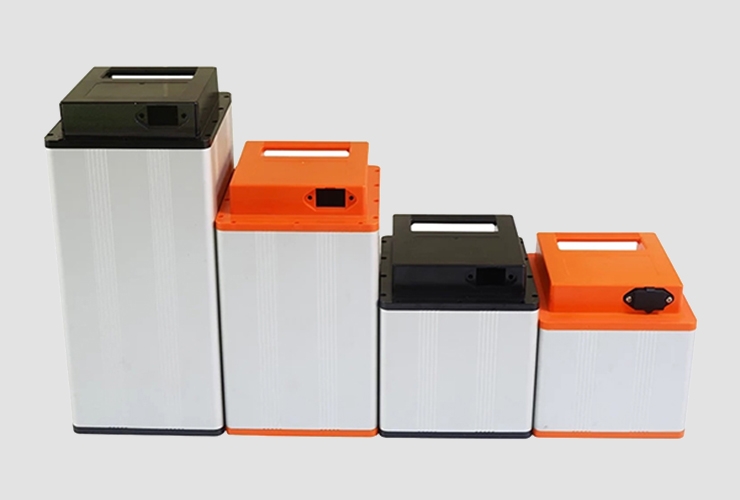Switching from lead-acid to lithium batteries requires some awareness of safety precautions specific to lithium-based technologies. While lithium batteries are generally safer and more efficient, improper use or handling can still lead to hazards.
Key Safety Tips:
- Battery Management System (BMS): Lithium batteries should always be used with a BMS, which prevents overcharging, over-discharging, and overheating. This system helps ensure safe operation under various conditions.
- Storage: Lithium batteries should be stored in a cool, dry place away from flammable materials. They are less prone to leakage than lead-acid batteries but still require careful storage to prevent fire risks.
- Handling: Never puncture, crush, or expose lithium batteries to extreme physical stress. Damaged cells can become unstable, potentially leading to fires or explosions.
Ensuring safe handling practices during installation, charging, and storage will help prevent accidents and maximize the performance of lithium batteries. The shift to lithium is a beneficial move, but proper safety measures are crucial for a successful and secure transition.


